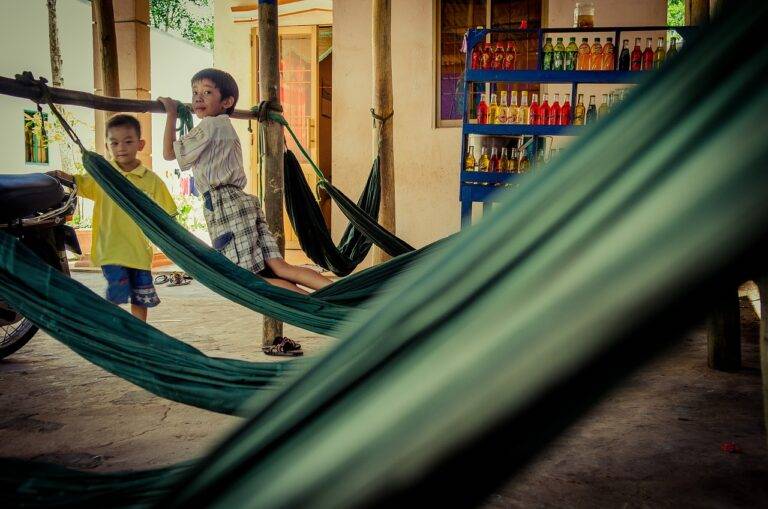The Impact of Cultural Appropriation on Indigenous Screenwriting: World777 id, 11xplay, 247 betbook
world777 id, 11xplay, 247 betbook: Cultural appropriation is a pervasive issue in the entertainment industry, and indigenous screenwriting is not exempt from its harmful effects. When non-indigenous individuals co-opt indigenous stories, narratives, and traditions for their own gain, it not only perpetuates harmful stereotypes but also erases the voices and experiences of indigenous people. The impact of cultural appropriation on indigenous screenwriting is profound, and it is crucial to address this issue in order to create authentic and respectful portrayals of indigenous cultures on screen.
Indigenous stories are often deeply rooted in cultural traditions, historical experiences, and spiritual beliefs. When these stories are appropriated by non-indigenous individuals, they are often stripped of their cultural significance and misinterpreted through a non-indigenous lens. This can lead to inaccurate and harmful portrayals of indigenous peoples, perpetuating stereotypes and reinforcing colonial attitudes.
Moreover, cultural appropriation in indigenous screenwriting can also lead to the marginalization and erasure of indigenous voices in the industry. When non-indigenous individuals are given platforms to tell indigenous stories, it limits the opportunities for indigenous screenwriters to share their own experiences and perspectives. This lack of representation can further perpetuate cultural misappropriation and reinforce the dominance of non-indigenous voices in shaping indigenous narratives.
In order to combat cultural appropriation in indigenous screenwriting, it is essential for the industry to prioritize and amplify indigenous voices. By supporting and promoting indigenous screenwriters, filmmakers, and storytellers, we can ensure that indigenous stories are told authentically and respectfully. This includes providing funding, resources, and opportunities for indigenous creators to share their unique perspectives and experiences with the world.
Furthermore, it is crucial for non-indigenous individuals working in the industry to educate themselves about indigenous cultures, histories, and traditions. By approaching indigenous stories with humility, respect, and a willingness to learn, non-indigenous creators can collaborate with indigenous communities in a meaningful and respectful way. This collaborative approach can help to ensure that indigenous stories are told in a culturally sensitive and accurate manner, while also centering the voices and perspectives of indigenous peoples.
Ultimately, the impact of cultural appropriation on indigenous screenwriting is profound and far-reaching. By challenging harmful stereotypes, amplifying indigenous voices, and fostering respectful collaborations, we can work towards creating a more inclusive and equitable film industry that honors and celebrates indigenous cultures and stories.
FAQs:
Q: What is cultural appropriation?
A: Cultural appropriation refers to the adoption or use of elements of one culture by members of another culture, often without proper understanding or respect for the cultural significance of those elements.
Q: Why is cultural appropriation harmful?
A: Cultural appropriation can lead to the erasure and misrepresentation of marginalized cultures, perpetuate harmful stereotypes, and reinforce power dynamics that marginalize communities.
Q: How can we combat cultural appropriation in indigenous screenwriting?
A: We can combat cultural appropriation by prioritizing and amplifying indigenous voices, educating ourselves about indigenous cultures, histories, and traditions, and fostering respectful collaborations with indigenous communities.







